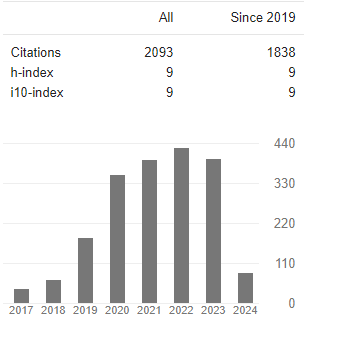Obese Adolescents Have Reduced Mentalizing Ability
Abstract
Alaleh Taheri, Mohammad Ali Mazaheri, Abbas Zabihzadeh and Paul Robinson
Introduction Obesity results from a complex interplay of biological, psychological, and social factors. The psychological dimension may include mentalizing—the ability to understand and interpret one's own and others' mental states. Despite its importance, mentalizing impairments in individuals with obesity have not been specifically investigated. This study aims to explore potential deficits in mentalizing among female adolescents with obesity.
Methods This comparative cross-sectional study evaluated the mentalizing abilities of adolescent girls with obesity (n = 120) and their normal-weight peers (n = 91). Participants were carefully screened to exclude those with underweight or overweight conditions. A comprehensive assessment was conducted using the Reflective Functioning Questionnaire (RFQ), the Difficulties in Emotion Regulation Scale (DERS), the Reading the Mind in the Eyes Test (RMET), and the Toronto Alexithymia Scale (TAS).
Results Adolescents with obesity exhibited significant impairments in mentalizing, characterized by hypo-mentalizing—a reduced capacity to perceive and interpret mental states—and deficiencies in theory of mind (ToM). They demonstrated higher uncertainty in recognizing mental states, as reflected by elevated RFQ uncertainty scores compared to their normal-weight counterparts. These findings suggest that obese adolescents struggle with emotional self-awareness, interpreting others’ mental states, and processing environmental stimuli.
Conclusion This study is the first to identify reduced mentalizing abilities in adolescents with obesity, highlighting hypo-mentalizing as a potential psychological trait associated with obesity. These findings underscore the need for further research to confirm this relationship and suggest that addressing mentalizing deficits may be a valuable component of obesity prevention and treatment programs.




